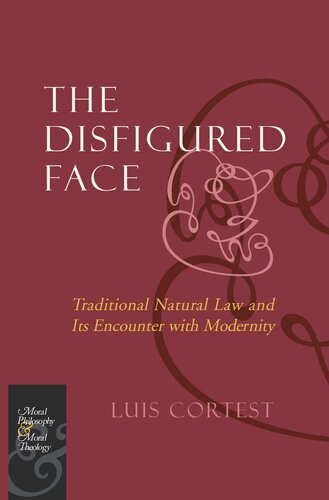

Most ebook files are in PDF format, so you can easily read them using various software such as Foxit Reader or directly on the Google Chrome browser.
Some ebook files are released by publishers in other formats such as .awz, .mobi, .epub, .fb2, etc. You may need to install specific software to read these formats on mobile/PC, such as Calibre.
Please read the tutorial at this link: https://ebookbell.com/faq
We offer FREE conversion to the popular formats you request; however, this may take some time. Therefore, right after payment, please email us, and we will try to provide the service as quickly as possible.
For some exceptional file formats or broken links (if any), please refrain from opening any disputes. Instead, email us first, and we will try to assist within a maximum of 6 hours.
EbookBell Team

0.0
0 reviewsThe central argument of this book is that the traditional notion of Natural Law has almost disappeared from the ethical and moral discourse of our time. For Thomas Aquinas, the author whose conception of Natural Law forms the foundation for the book, the ontological and ethical orders are not autonomous but inseparable-in effect, his ethical system is an "ontological morality." For Thomas, the ethical (practical wisdom) must be understood as an extension of the metaphysical (speculative wisdom). Most modern philosophers, by contrast, consider these two orders to be entirely separate. Here Luis Cortest shows how traditional Natural Law (the form Thomas Aquinas developed from classical and medieval sources) was transformed by thinkers like John Locke and Kant into a doctrine compatible with early modern and modern notions of nature and morality. In early Modern Europe one of the first of the great debates about moral philosophy took place in sixteenth-century Spain, as a philosophical dispute concerning the humanity of the Native Americans. This foreshadowed debates in later centuries, which the author reevaluates in light of these earlier sources. The book also includes a close examination of the recent work of scholars like John Finnis and Brian Tierney, who argue that traditional Natural Law theorists were defenders of a doctrine of positive rights. Rather than attempt to make the traditional doctrine compatible with modern rights theory, however, the author argues that traditional Natural Law must be understood as a form of pre-Enlightenment ontological morality that has survived the onslaught of modernity.